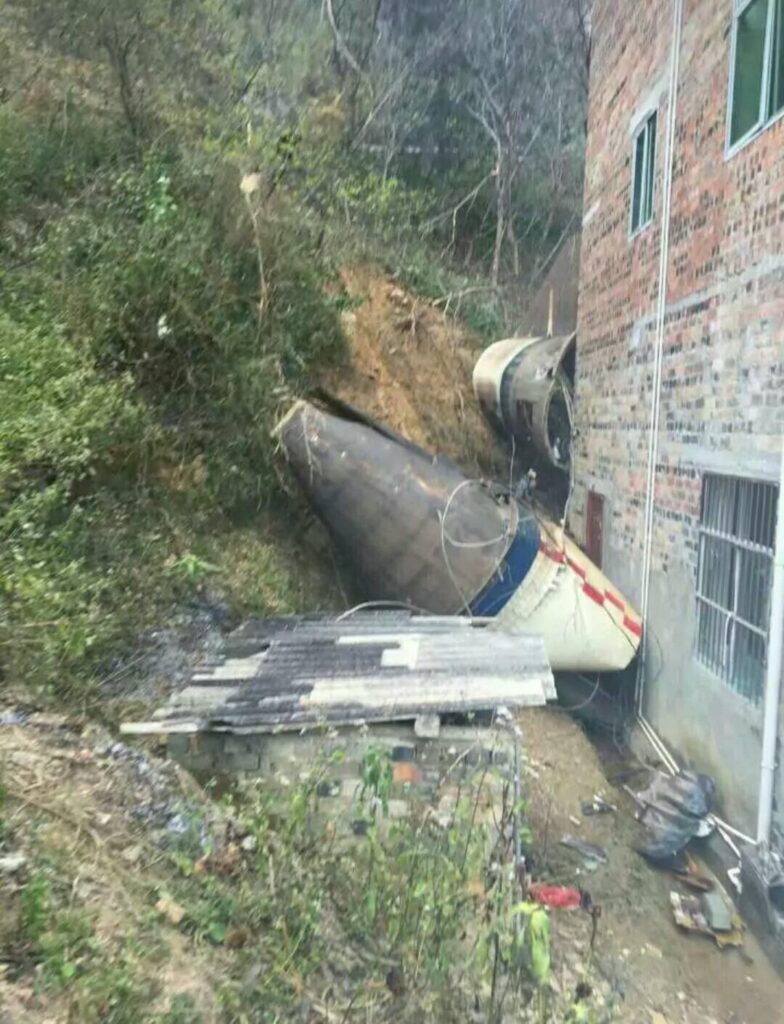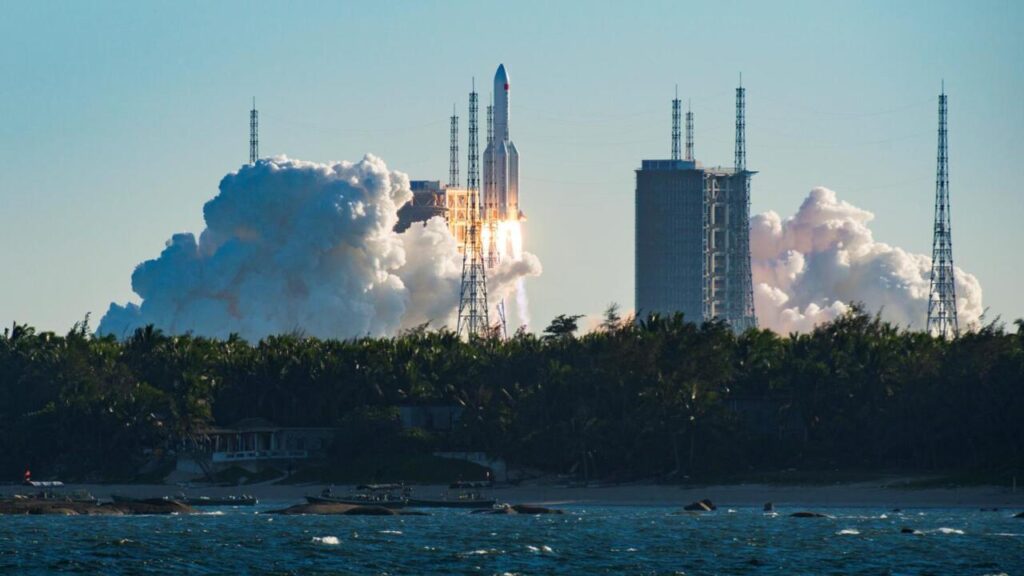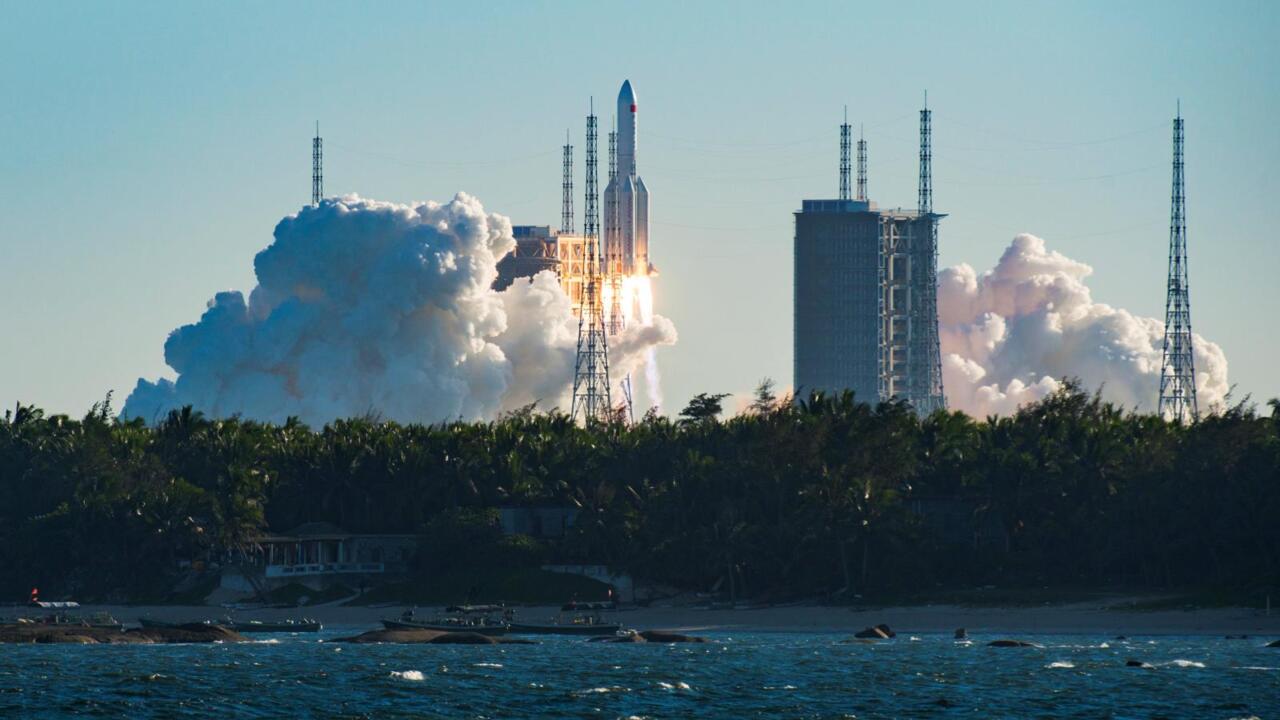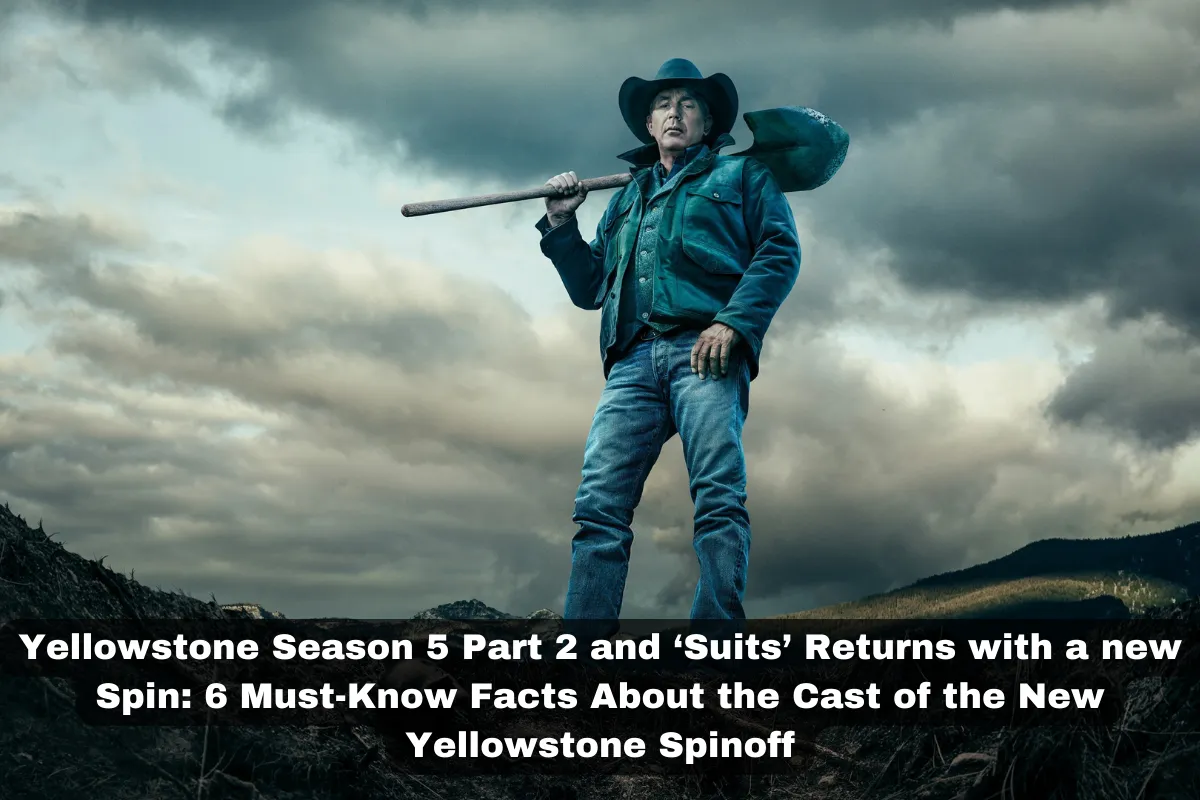In the early hours of May 9th, a large Chinese rocket booster plunged back to Earth in an uncontrolled reentry into the atmosphere. The Long March 5B booster, which was used to launch the core module of China’s new space station, ultimately crashed into the Indian Ocean near the Maldives.
However, the exact crash site of the rocket could not be located until a few hours after it fell. This incident has raised concerns about the growing issue of space debris and the need for better tracking and regulation of uncontrolled reentries.
1. Lack of Control
One of the key concerns surrounding the falling Chinese rocket booster was the lack of control over its reentry path.
While most space agencies take measures to ensure that large objects reenter the atmosphere in a controlled manner, the Long March 5B booster was left to plummet back to Earth on its own.
This lack of control not only posed a danger to people on the ground but also made it difficult to predict where the rocket would ultimately crash.
2. Uncertainty over Crash Site
Due to the uncontrolled nature of the Long March 5B booster’s reentry, there was a great deal of uncertainty about where it would ultimately crash.
Initial predictions suggested that the rocket could land anywhere along a vast swath of the planet, stretching from New York to Madrid. This uncertainty created anxiety among people in the potential crash zone and highlighted the need for better tracking and monitoring of objects in space.
3. Delay in Locating Crash Site


Despite the efforts of space agencies and tracking organizations, the exact crash site of the falling Chinese rocket booster could not be located until a few hours after it entered the atmosphere.
This delay caused further anxiety among those in the potential crash zone and raised questions about the effectiveness of current tracking systems. It also highlighted the need for improved coordination and communication between different agencies and countries when dealing with uncontrolled reentries.
4. Growing Issue of Space Debris
The incident involving the falling Chinese rocket booster is just one example of the growing issue of space debris in Earth’s orbit. With more and more satellites, rockets, and other objects being launched into space, the risk of collisions and uncontrolled reentries is only increasing.
It is essential that space agencies and governments work together to develop better tracking and monitoring systems to ensure the safety of both people on the ground and astronauts in space.
Other Stories That You May Like
Conclusion
In conclusion, the uncontrolled reentry of the Long March 5B booster and the subsequent delay in locating its crash site highlight the need for better regulation and tracking of objects in space.
As more countries and companies venture into space, it is crucial that steps are taken to minimize the risk of collisions and uncontrolled reentries. By working together to address this growing issue, we can ensure the safety of our planet and the future of space exploration.


















